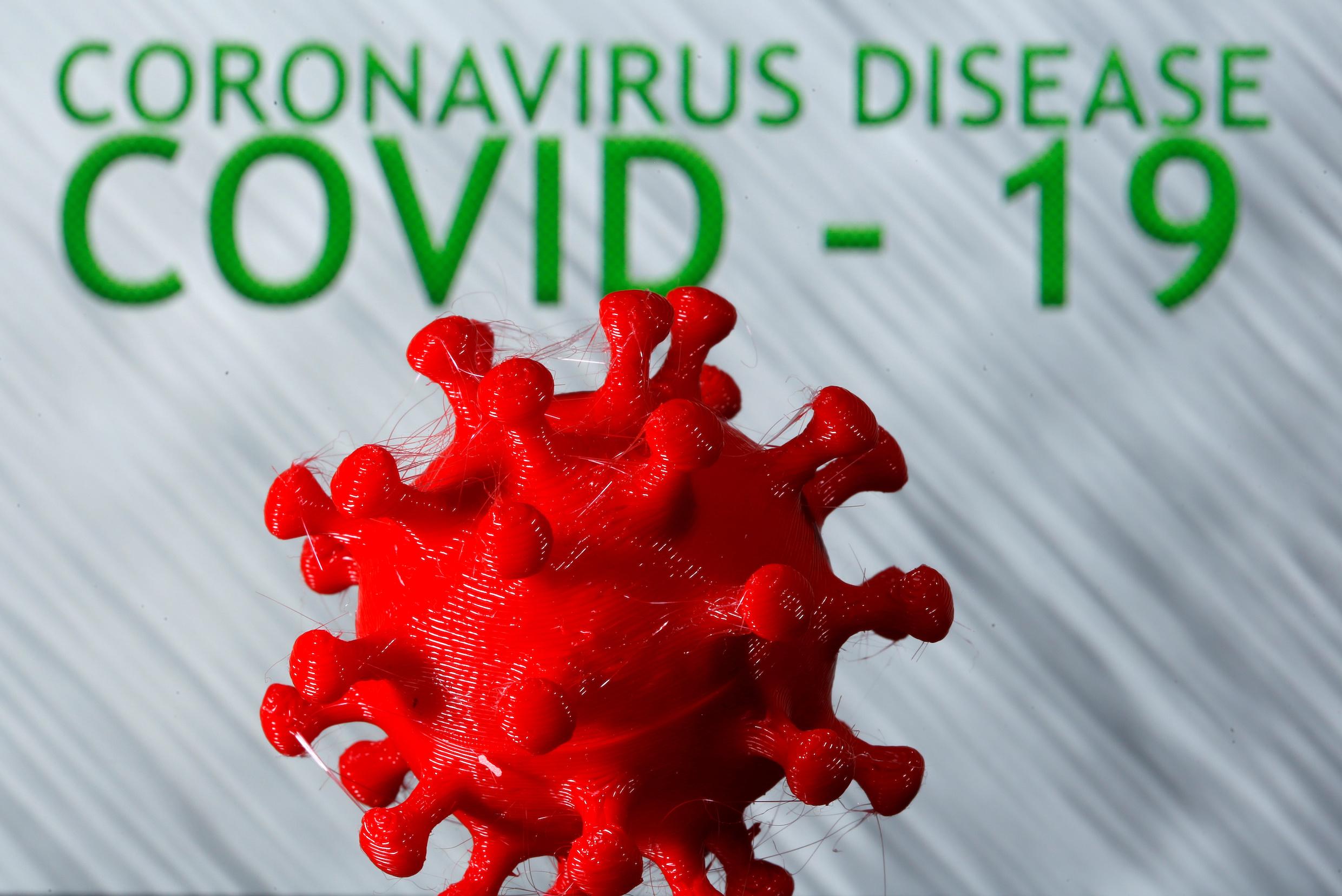Lilly antibody reduced COVID-19 risk by 80% in nursing home study

WASHINGTON - A synthetic antibody developed by Eli Lilly reduced the risk of contracting Covid-19 by 80 percent in a study of nursing home residents when used preventatively, the company said Thursday.
Though the result is only preliminary and awaiting peer review, the finding was hailed as highly promising by experts, who said it meant that the infused therapy had the potential to complement vaccines.
"We are exceptionally pleased with these positive results, which showed bamlanivimab was able to help prevent COVID-19, substantially reducing symptomatic disease among nursing home residents, some of the most vulnerable members of our society," said Daniel Skovronsky, the company's chief scientific officer, using the trade name for the antibody.
The result came from a late-stage clinical trial sponsored by the US government that examined 299 residents and 666 staff of long-term care facilities who tested negative for the virus, the company said in a press release.
The participants were randomly assigned either 4.2 grams of bamlanivimab, or a placebo.
After eight weeks of follow-up, the risk of developing symptomatic Covid-19 was overall reduced by 57 percent for those receiving the treatment.
In particular, residents on bamlanivimab had a 80 percent lower risk of contracting the disease.
Among the 299 residents, there were four deaths attributed to Covid-19, all in the placebo arm.
The study also looked at using bamlanivimab, which has received emergency use authorization in the US, as a treatment for 132 participants (41 residents and 91 staff) who tested positive at the start.
The press release reported fewer details from this part of the study, but said that among the 41 residents in the treatment group, there were four deaths, and all occurred in the placebo arm with none in the bamlanivimab arm.
Independent experts reacted with excitement.
"These results exceed our expectations, demonstrating that this class of treatments can be used to both prevent and treat disease," said Nick Cammack, Covid-19 Therapeutics accelerator lead at Britain's Wellcome charity.
"Reducing the risk of getting Covid-19 by up to 80 percent would be remarkable, and could have a dramatic impact on outbreaks among the most vulnerable groups globally."
Eleanor Riley, a professor of immunology at the University of Edinburgh, added antibody treatments might be able to complement vaccines.
"There will always be a small proportion of the population who cannot be vaccinated or who will not respond well to vaccination due to underlying health conditions including immunodeficiencies and immunosuppressive therapies," she said.
Human immune cells produce antibodies, which are infection-fighting proteins, and vaccines teach our bodies to be prepared to make the right ones for particular microbes.
Bamlanivimab was based on an effective "neutralizing antibody" Lilly found in a recovered patient, that binds to a surface protein of the coronavirus to stop it from invading human cells.
The human immune cells that produce the antibodies can be cultured in a lab to produce the desired proteins en masse. -- Agence France-Presse




